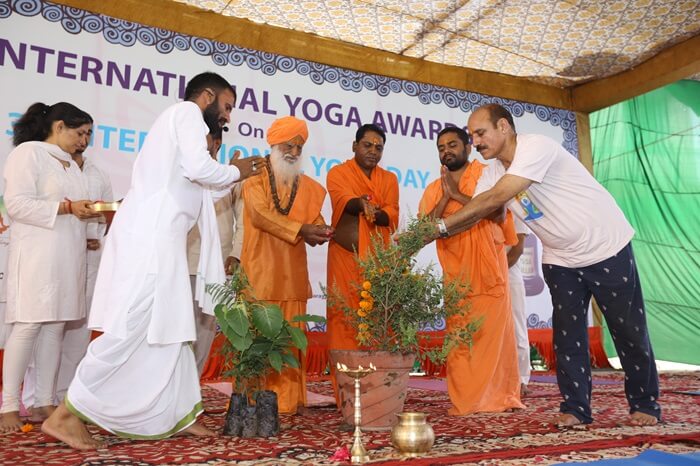Essential Considerations Before Enrolling in Yoga Teacher Training

Yoga teacher training has evolved from traditional practices into a modern-day phenomenon. While it offers incredible growth and development opportunities, it is crucial to navigate this journey with awareness to avoid potential pitfalls. Below are key factors to consider to ensure a successful and enriching experience.
1. Yoga Alliance Certification
The first step is to verify the credibility of the program you are considering. A Yoga Alliance certification is essential for validating the legitimacy of any Yoga teacher training program globally. India, known as the birthplace of Yoga, is renowned for its authentic teachings and historical significance. Choosing a certified program ensures you receive quality training aligned with international standards.
2. The Right Ambiance
Select a location that resonates with your personal preferences and enhances your learning experience. Whether you prefer serene mountains or calming oceans, ensure the setting contributes positively to your practice. A conducive environment will support your meditation, pranayama, and overall growth during your training. The right ambiance will not only nurture your practice but also aid in personal transformation.
3. Experience of Yoga Gurus
The expertise of your Yoga instructors plays a pivotal role in your learning journey. Research and choose experienced Yoga Gurus who have a proven track record of guiding students effectively. Reviews and testimonials can help you assess the quality of instruction and ensure that your Gurus can help you achieve mental stability, balance, and flexibility.
4. Location and Isolation
Opt for a training center situated in a peaceful, spiritually uplifting location. An isolated setting away from the hustle and bustle allows you to connect deeply with yourself and rejuvenate your soul. Such environments foster self-growth and improvement by providing the space needed for focused practice and introspection. India, along with destinations like Nepal and Thailand, offers numerous tranquil settings ideal for transformative yoga experiences.
5. Curriculum and Daily Schedule
Review the curriculum and daily schedule of the training program. A comprehensive syllabus should cover essential aspects such as Hatha and Ashtanga Yoga, Meditation, Pranayama, Adjustment and Alignment techniques, Karma Yoga, and Yoga Philosophy. Ensure that the program is designed to balance teaching and personal practice effectively. A well-structured daily schedule will help you integrate yogic principles into your daily life, promoting a holistic approach to training.
Conclusion
Choosing the right Yoga teacher training program involves careful consideration of certification, ambiance, instructor experience, location, and curriculum. By selecting a reputable program, you ensure a transformative and fulfilling experience. For an immersive and authentic experience, explore our 200-hour Yoga Teacher Training in India, 300-hour Yoga Teacher Training in India, and 500-hour Yoga Teacher Training in India. Additionally, consider joining an Ayurveda Retreat or a Yoga Retreat to enhance your practice and overall well-being. Make an informed decision and embark on a journey that aligns with your personal and professional goals.?”.














